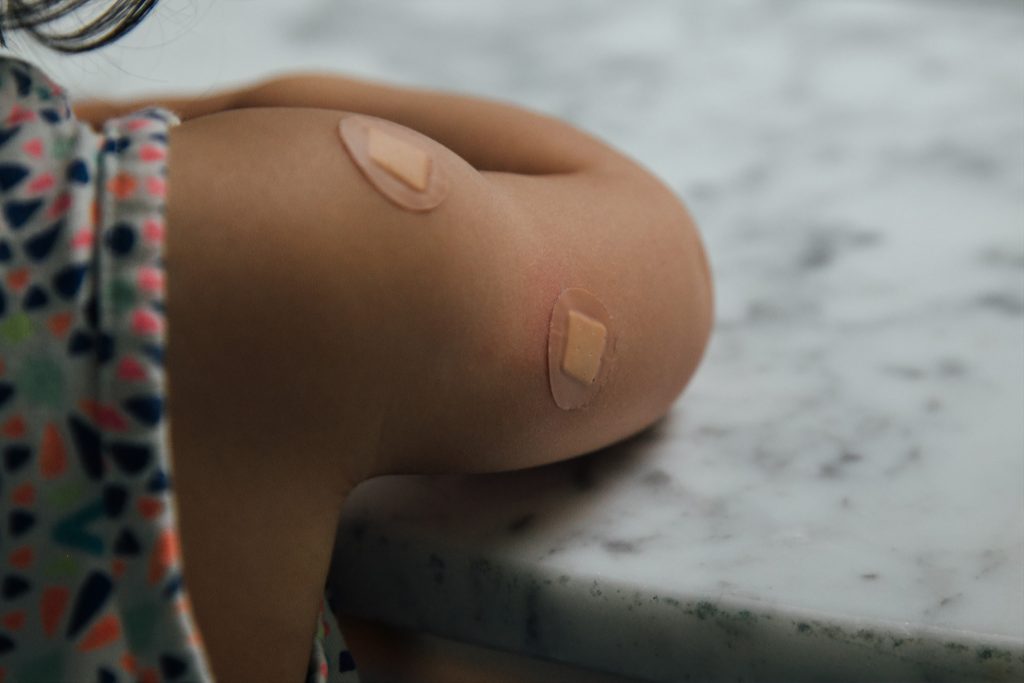“preschool children receiving stimulants, antidepressants and other psychiatric medications “rose drastically from 1991 to 1995”
Journal of the American Medical Association

In the last decade, we have seen a disturbing number of children being diagnosed with disruptive disorders like hyperactivity disorders/attention deficit (ADHD). A 2000 study that was published in the Journal of the American Medical Association, stated that the number of “preschool children receiving stimulants, antidepressants and other psychiatric medications “rose drastically from 1991 to 1995”. Unfortunately, what makes this reality worse is that many of these medication’s effectiveness and side effects are unknown.
These medications used to manage ADHD disorders in young children is unknown. Why? Because it has not been tested on children before prescribing it to them. This makes it unsafe. To make matters worse their effectiveness for very young children like those in preschool is unknown. Furthermore, the study states that very few numbers of these medications used on children is approved by the U.S. Food and Drug Administration.
Clearly, with the increase in these disorders comes the rising debate about the best way to treat children with such problems. In our practice, we see more and more children getting diagnosed with these disorders. It is heartbreaking for many parents that understand what these diagnoses mean. Unfortunately, many parents don’t understand the diagnosis and the medication that their children are prescribed. What’s more, taunting is how does a parent make a decision about what treatment to use for their child?
The American Psychological Association recommendations are the following:
- Conducting Thoroughly Appropriate Assessment and Diagnosis First
The focus here is to pay close attention to your child’s behaviour and developmental growth, which means their progression as well as any regression. When you pay closer attention to your child, you as the parent or teacher or caregiver can notice if there are any persistent issues that affect the child’s everyday interaction with the environment. You can watch for social withdrawal, impulsive reactions or aggression, inability to focus, and so on. Please keep in mind that it is normal for a child to develop at their own speed. Also, some bad days does not mean that a child has a disorder.
The American Psychological Association states, “As a general rule, it is time to consult a mental health provider if your child’s behavior is age-inappropriate, an on-going pattern, and if it interferes with his or her learning, growth and social development.”
- Importance of Implementing Behavioural Treatment within the Treatment Plan
The best practice is to try the least intrusive treatment before advancing into evasive treatment options. Of-course this does not apple to each case because some cases are severe and should have both medication and a behavioural program. The best is when a program is created that is specifically tailed for the child’s needs and challenges. There are many types of treatment options depending on specific challenges like Psychotherapy, Cognitive-Behaviour Therapy, Behavioural Therapy, Social Skills Training, and parental educational programs. There are also numerous family support services available. The most important thing for parents to consider is “family and school-based therapy programs” and to allow enough time for the program to work, “before the use of medications” depending on your child’s diagnosis and behavioral challenges. And parents please do your most in-depth research and if you do not agree with something that your medical professional is pushing you towards, trust your instinct but please do your research first. And if medication is the best option for your child’s diagnosis, make sure to monitor with precise notes of the medication’s side effects and effectiveness. Keep a close eye on your child’s behaviour whether that is positive or negative behaviour.
- Amble More Research is Needed
If a certain drug has been used on adults and showed some effectiveness, this does not mean that it will be effective on preschool children due to their developing brains amongst other things. Therefore, these drugs should be monitored closely. The good news is that the National Institute of mental Health has announced recently that they will put in $5 million dollars in research on the use of Ritalin, behavioural therapy, and a “combination of both interventions to treat attention-deficit/hyperactivity disorder in preschool children”.
As a last note, just be conscious when using medication on the child to manage their behaviours. Know that you can never do too much research. Once again, if you do not agree with a treatment plan that your medical professional is pushing your child towards, trust your instinct. But please do your research first.